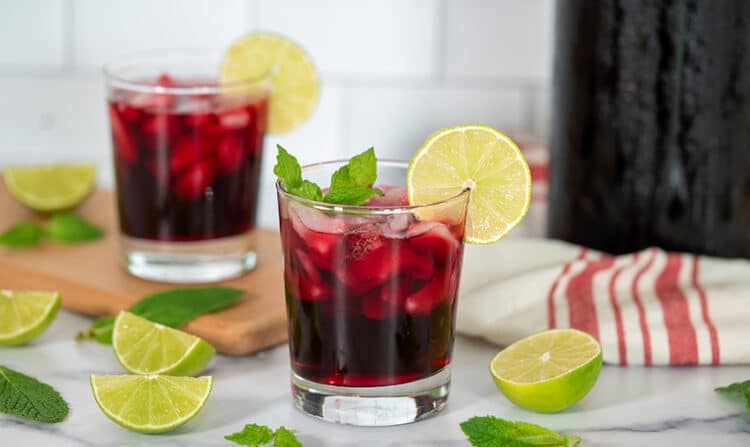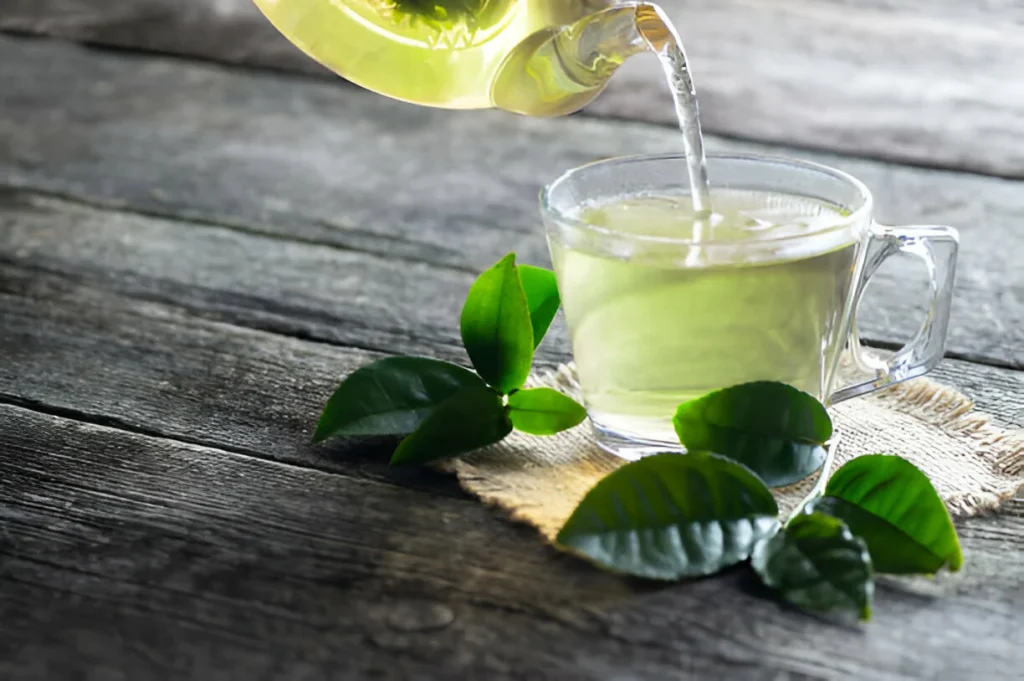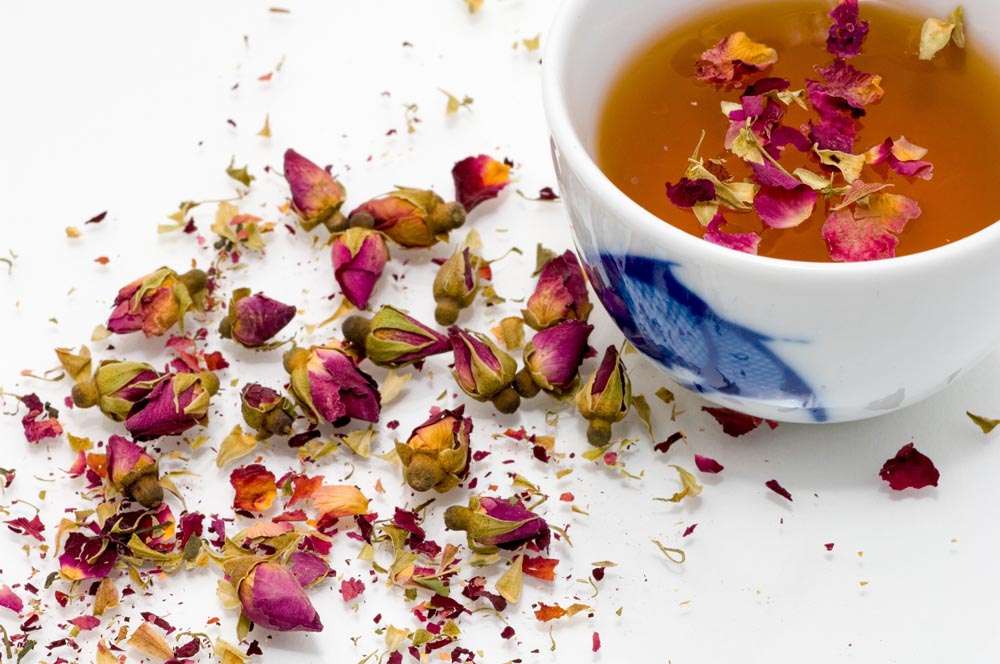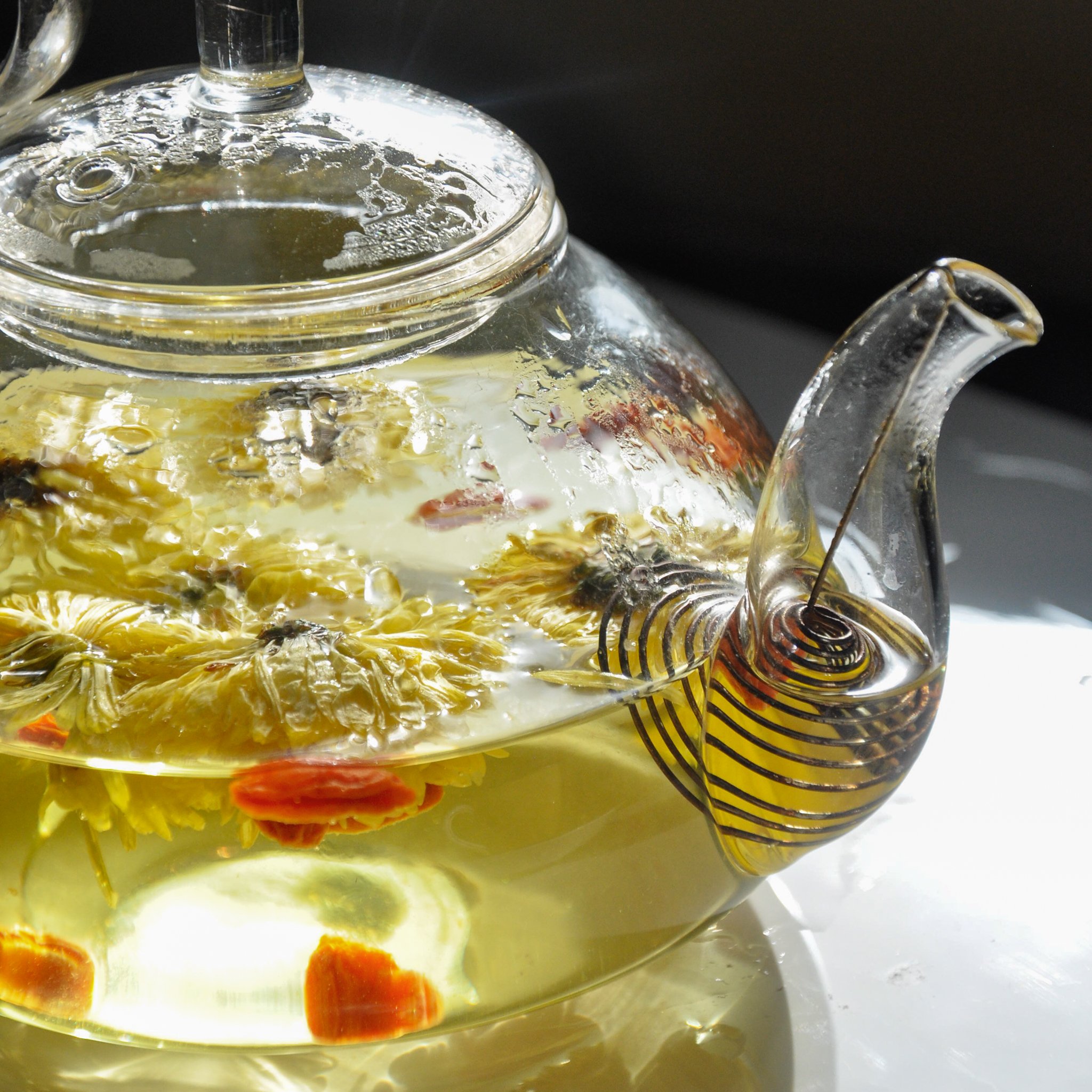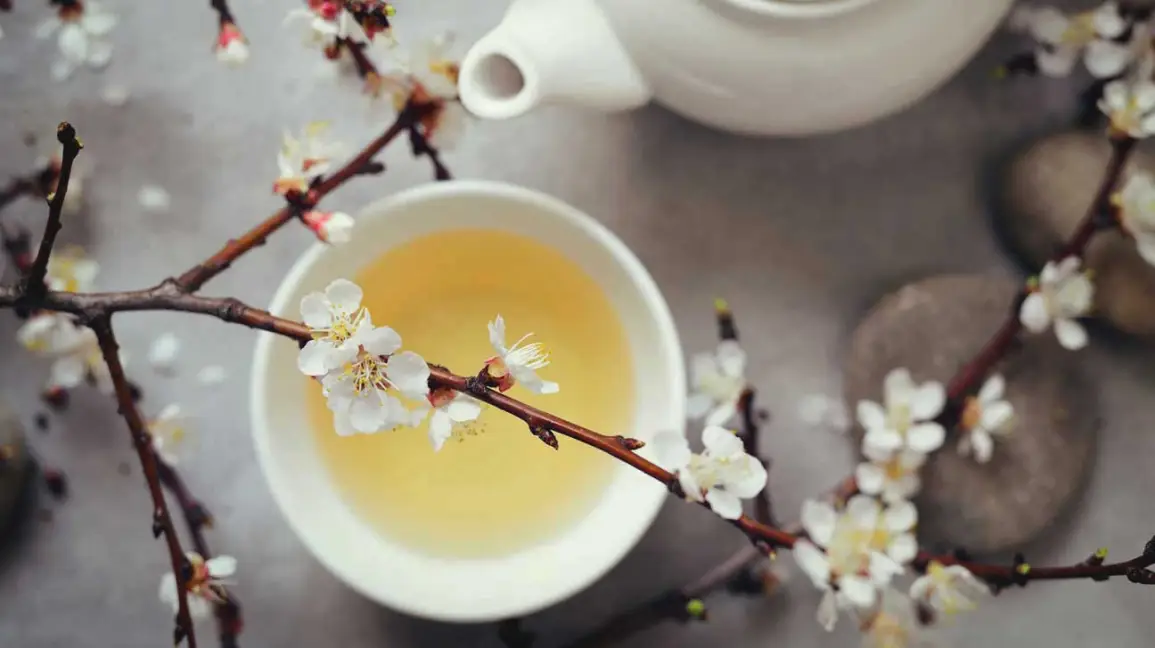Hibiscus tea, made from the dried petals of the Hibiscus sabdariffa plant, is a vibrant and tangy herbal tea celebrated for its health benefits. One of its most well-known effects is its ability to help manage blood pressure naturally. This has made hibiscus tea a popular choice among those seeking non-pharmaceutical ways to support cardiovascular health. Here’s a detailed look at the connection between hibiscus tea and blood pressure, its benefits, and how to use it effectively.
How Does Hibiscus Tea Affect Blood Pressure?
Hibiscus tea contains bioactive compounds such as anthocyanins, flavonoids, and polyphenols that contribute to its antihypertensive properties. These compounds act in several ways to help lower blood pressure:
- Vasodilation:
Hibiscus tea relaxes blood vessels, improving their elasticity and allowing blood to flow more freely. This effect reduces resistance in the arteries, leading to lower blood pressure. - Diuretic Properties:
Hibiscus tea acts as a natural diuretic, helping the body eliminate excess sodium and water. Lower sodium levels in the blood reduce the strain on the heart, thereby decreasing blood pressure. - Regulation of Angiotensin-Converting Enzyme (ACE):
Hibiscus tea inhibits the activity of ACE, an enzyme that causes blood vessels to constrict. By blocking ACE, hibiscus tea promotes relaxation of the blood vessels, aiding in blood pressure reduction.
Scientific Evidence Supporting Hibiscus Tea for Blood Pressure
Numerous studies have explored the effects of hibiscus tea on hypertension, with promising results:
- Clinical Trials:
A study published in The Journal of Nutrition (2009) found that participants with prehypertension or mild hypertension who consumed hibiscus tea daily for six weeks experienced a significant reduction in both systolic and diastolic blood pressure compared to a placebo group. - Meta-Analysis:
A meta-analysis of studies published in Phytomedicine (2015) confirmed that hibiscus tea effectively lowers both systolic (upper number) and diastolic (lower number) blood pressure, making it a valuable natural therapy for managing hypertension. - Comparable to Medications:
Research suggests that the effects of hibiscus tea on blood pressure are comparable to some prescription ACE inhibitors, though without the potential side effects of pharmaceuticals.
How to Use Hibiscus Tea for Blood Pressure
- Brewing Hibiscus Tea:
- Use 1-2 teaspoons of dried hibiscus petals per cup of boiling water.
- Steep for 5-10 minutes, depending on your desired strength.
- Enjoy hot or iced, with optional additions like honey or lemon for flavor.
- How Much to Drink:
Studies suggest consuming 1-3 cups of hibiscus tea daily to achieve noticeable blood pressure-lowering effects. - When to Drink:
- Drinking hibiscus tea in the morning may help maintain lower blood pressure throughout the day.
- Avoid consuming it too close to bedtime if you’re sensitive to its mild diuretic effects.
- Pair with a Healthy Lifestyle:
While hibiscus tea can be beneficial, it works best as part of a comprehensive approach to health. Combine hibiscus tea consumption with a balanced diet, regular exercise, stress management, and adequate sleep to maximize its blood pressure-lowering benefits.
Precautions and Considerations
Although hibiscus tea is generally safe for most people, there are a few considerations to keep in mind:
Monitor Blood Pressure:
If you are already taking medication for hypertension, consult your healthcare provider before incorporating hibiscus tea into your routine. Its blood pressure-lowering effects could enhance medication effects, potentially leading to overly low blood pressure (hypotension).
Pregnancy and Breastfeeding:
Pregnant and breastfeeding women should avoid hibiscus tea, as it may stimulate uterine contractions or affect hormonal balance.
Drug Interactions:
Hibiscus tea may interact with certain medications, including diuretics and ACE inhibitors. Always discuss with your healthcare provider if you are on prescription drugs.
Liver Health:
Some studies suggest excessive consumption of hibiscus tea might impact liver enzymes. Moderation is key.
Conclusion
Hibiscus tea offers a natural and flavorful way to support healthy blood pressure levels. Backed by scientific research, its vasodilatory, diuretic, and ACE-inhibiting properties make it a valuable addition to a heart-healthy lifestyle. However, it’s essential to consume it responsibly and consult with a healthcare professional, particularly if you’re managing hypertension with medication.
By incorporating hibiscus tea into your daily routine, you can enjoy its vibrant flavor while promoting cardiovascular wellness—one sip at a time.
